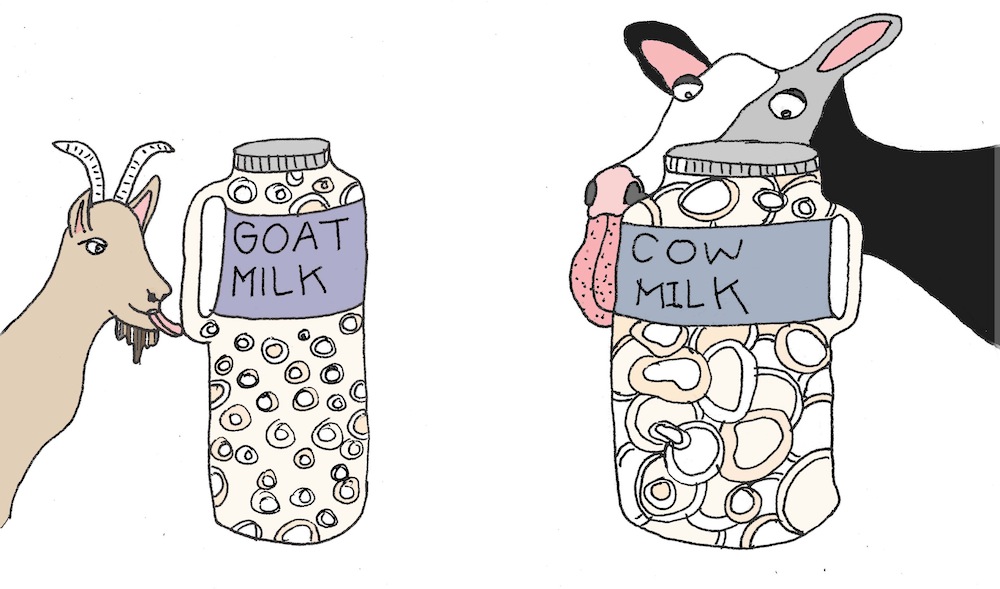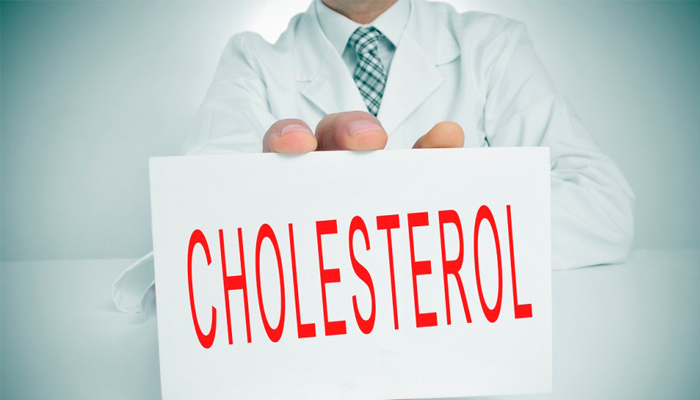Turmeric is arguably the most powerful herb as it is believed to fight and even reverse disease. It is one of the most mentioned herbs in science next to others like cinnamon, garlic, ginger, ginseng, and milk thistle. Curcumin is the main active ingredient in turmeric and it is a very strong antioxidant with very powerful anti-inflammatory effects. It includes three different curcuminoids: curcumin, bisdemethoxycurcumin, and demethoxycurcumin.
Health benefits of this powerful herb
- It is an anti-depressant
According to the few studies that have been conducted, turmeric has been shown to be effective in correcting the symptoms of depression in laboratory animals. In humans, curcumin has been shown to be an effective and safe therapy treatment in patients suffering from mild depression. This was according to the results of a study that was published in the journal Phytotherapy Research, which involved 60 volunteers. They were divided into groups with one group being treated with curcumin, the second group with Prozac (an anti-depressant drug), and the third with a combination of both. Curcumin was found to be as effective as Prozac in the management of mild depression.
- It is anti-inflammatory
Curcumin is mostly known for its ability to control inflammation. According to the results of a study published in the journal Oncogene, curcumin was found to be among the most effective anti-inflammatory compounds on the planet. Inflammations are known to put people at risk to almost all illnesses such as cancer, arthritis, high cholesterol, ulcerative colitis and chronic pain. The ability of turmeric to keep the disease at bay may be the key to its ability to reverse disease.
- Turmeric for Cancer treatment.
Many studies have been conducted in regards to the effectiveness of curcumin in reversing cancer, and several have shown that curcumin has anticancer effects. It has been shown to kill cancer cells and stop the growth of others, especially in the cases of bowel cancer, breast cancer, skin cancer, and stomach cancer.
In fact, research has shown that a combination of curcumin and chemotherapy yields better results in killing cancer cells than the use of chemotherapy alone.
- It is an anti-coagulant
For prevention and slowing down of blood clotting, medics use drugs such as aspirin, diclofenac, clopidogrel, ibuprofen, warfarin, naproxen, enoxaparin, among others. However, for those with conditions like deep vein thrombosis and pulmonary embolism that are treated by these drugs, this approach may not be wise. There could be problems such as Ibuprofen overdose, which could lead to excessive bleeding and hemorrhage among many other problems.
Turmeric has no known side effects unless taken in extremely excessive amounts, and it has actually been touted as a better option for those suffering from vascular thrombosis.
Additionally, ever since several key studies in the 1980s, the curcumin in turmeric has been suggested by researchers as actually being a better option for those with vascular thrombosis.
- Turmeric for arthritis management
Curcumin is known as a powerful anti-inflammatory as discussed above and has strong pain reducing characteristics. One study conducted on patients who had rheumatoid arthritis to compare the benefits of diclofenac sodium and curcumin showed that there were significantly better scores for the patients on curcumin than for those on diclofenac sodium.
It is important to note that diclofenac sodium is linked to the risk of heart disease and leaky gut. Curcumin treatment, on the other hand, was found to be safe, with no adverse side effects.
Turmeric has therefore been found to have amazing effects on people who are suffering from various types of arthritis.
- Turmeric for gastrointestinal treatment
In most cases, people suffering from stomach and digestive complaints are intolerant to some medical interventions due to the fact that the stomach flora are compromised and the drugs could end up tearing the lining of the mucosa. However, curcumin has been shown to provide dramatic improvement for patients with Ulcerative Colitis and Crohn’s disease, such that they were able to stop taking their prescribed medication.
Corticosteroids reduce the pain for patients with inflammatory bowel disease, but in the long run, they damage the intestinal lining worsening the condition. However, for the patients who supplemented with curcumin, the side effects did not happen. The anti-inflammatory properties of turmeric helped the gut heal and supported the growth of probiotics which is the good bacteria.
- Turmeric for the management of Diabetes
According to a study published in 2009 in the journal of Biochemistry and Biophysical Research Communications, curcumin was found to be400 times more potent than metformin in activating AMPK which is known to improve insulin sensitivity and potentially reverse Type 2 Diabetes. It is a great natural treatment for lowering blood sugar and for reversing insulin resistance.
It is also great for slowing down or reversing the complications of diabetes such as diabetic neuropathy and retinopathy due to its antioxidant and anti-inflammatory properties.
- Turmeric for regulation of cholesterol
Statin drugs like Lipitor are traditionally used to lower cholesterol and they cause harm to the liver and kidneys causing serious side effects. They bring down the levels of cholesterol but do not address the oxidative stress, which is the actual cause of high blood sugar levels and inflammation, which eventually leads to a rise in cholesterol levels.
- Turmeric as a pain killer
Turmeric has widely been lauded for its ability to manage pain. Due to its anti-inflammatory benefits, curcumin can be used to manage severe pains like those of burns patients instead of using conventional medications. Burn victims are usually treated with dangerous opioids and nonsteroidal anti-inflammatories, which have been found to be less effective than curcumin.
- Turmeric in place of steroids
Turmeric has been found to manage various conditions normally managed with corticosteroids such as lupus, scleroderma, rheumatoid arthritis, psoriasis, and chronic pain. Curcumin has also been found to have the ability to cure chronic inflammation of the eye, which could only be previously treated with steroids.
The use of curcumin poses no danger as it has no side effects compared to the use of corticosteroids.
Side effects
Some users have reported some allergic reactions to turmeric after skin exposure which include;
- Increased menstrual flow
- Uterine contractions in women
- Diarrhea
- Increased risk of hemorrhage
- Lowered blood pressure
- Hyperactive gall bladder
- Increased liver function tests
- Nausea
Turmeric may also interfere with anticoagulants like warfarin, aspirin, and clopidogrel and a lot of care should be exercised when using it or supplementing with it. Other drugs such as non-steroidal and anti-inflammatory drugs may also be interfered with by turmeric, so care should also be exercised.



